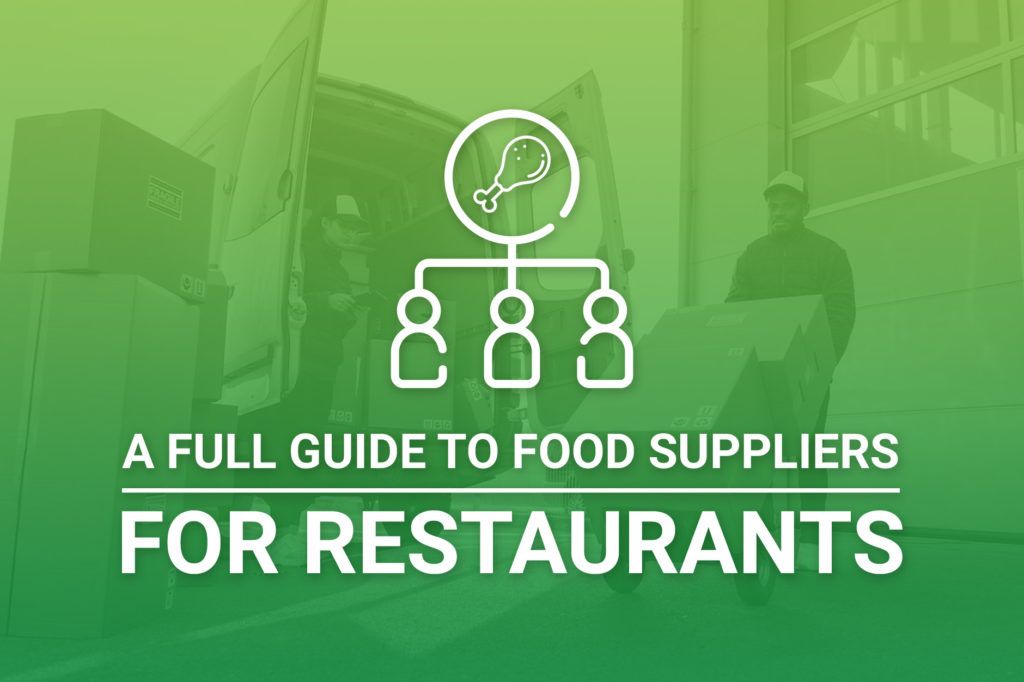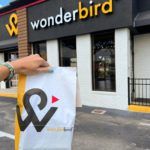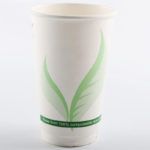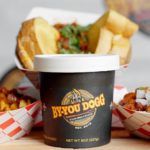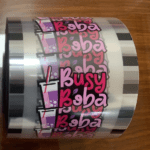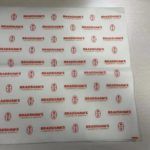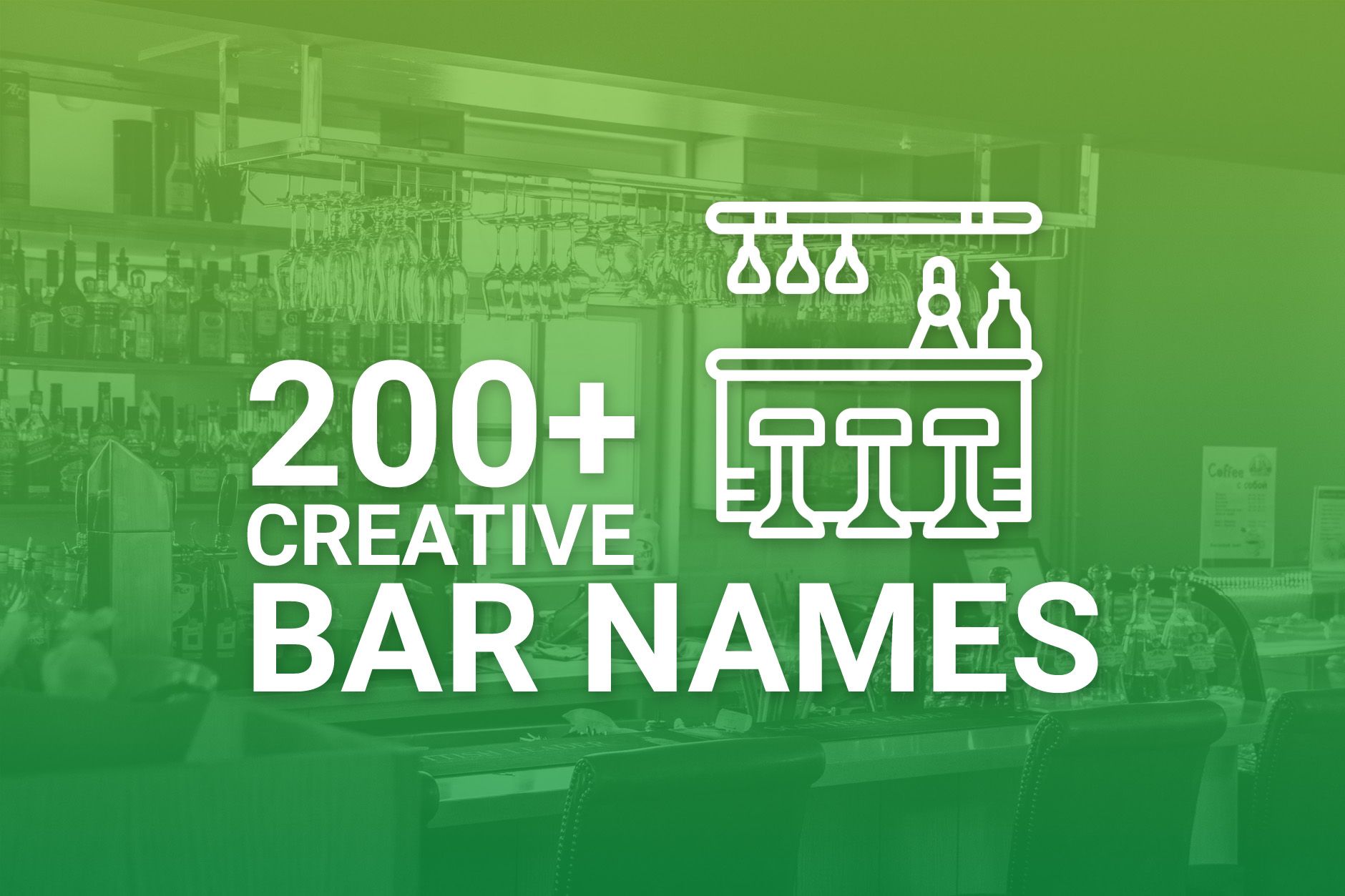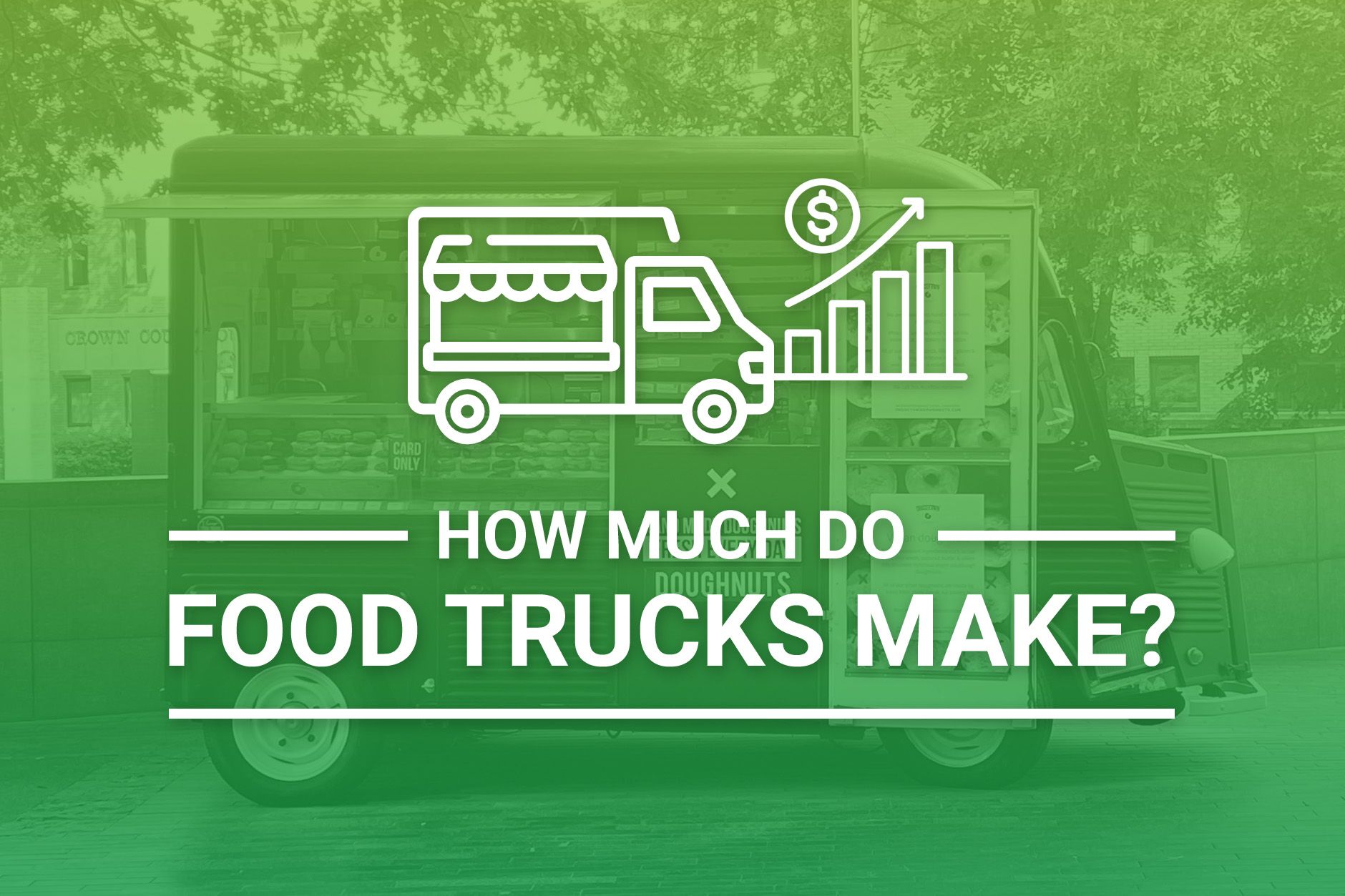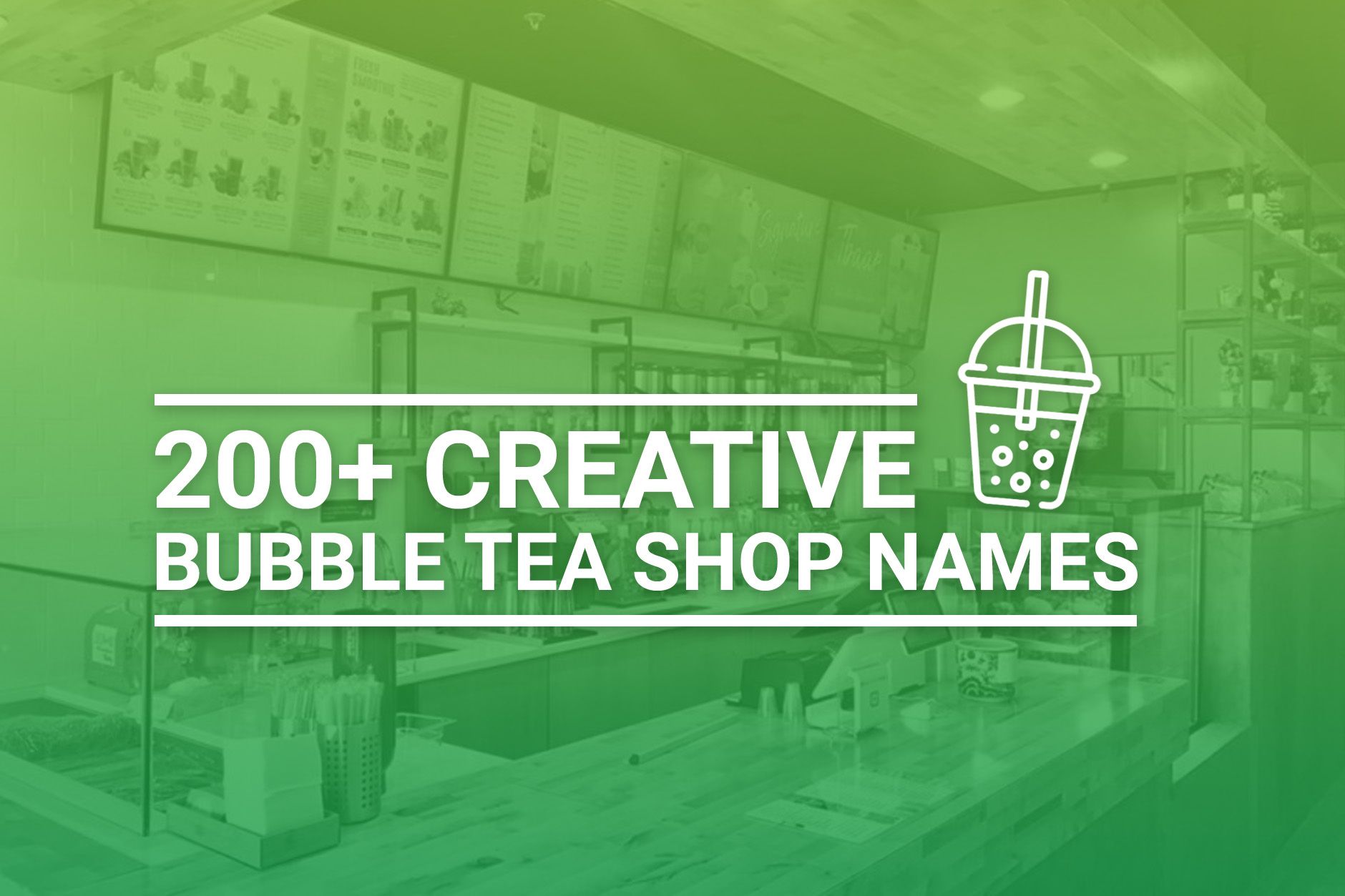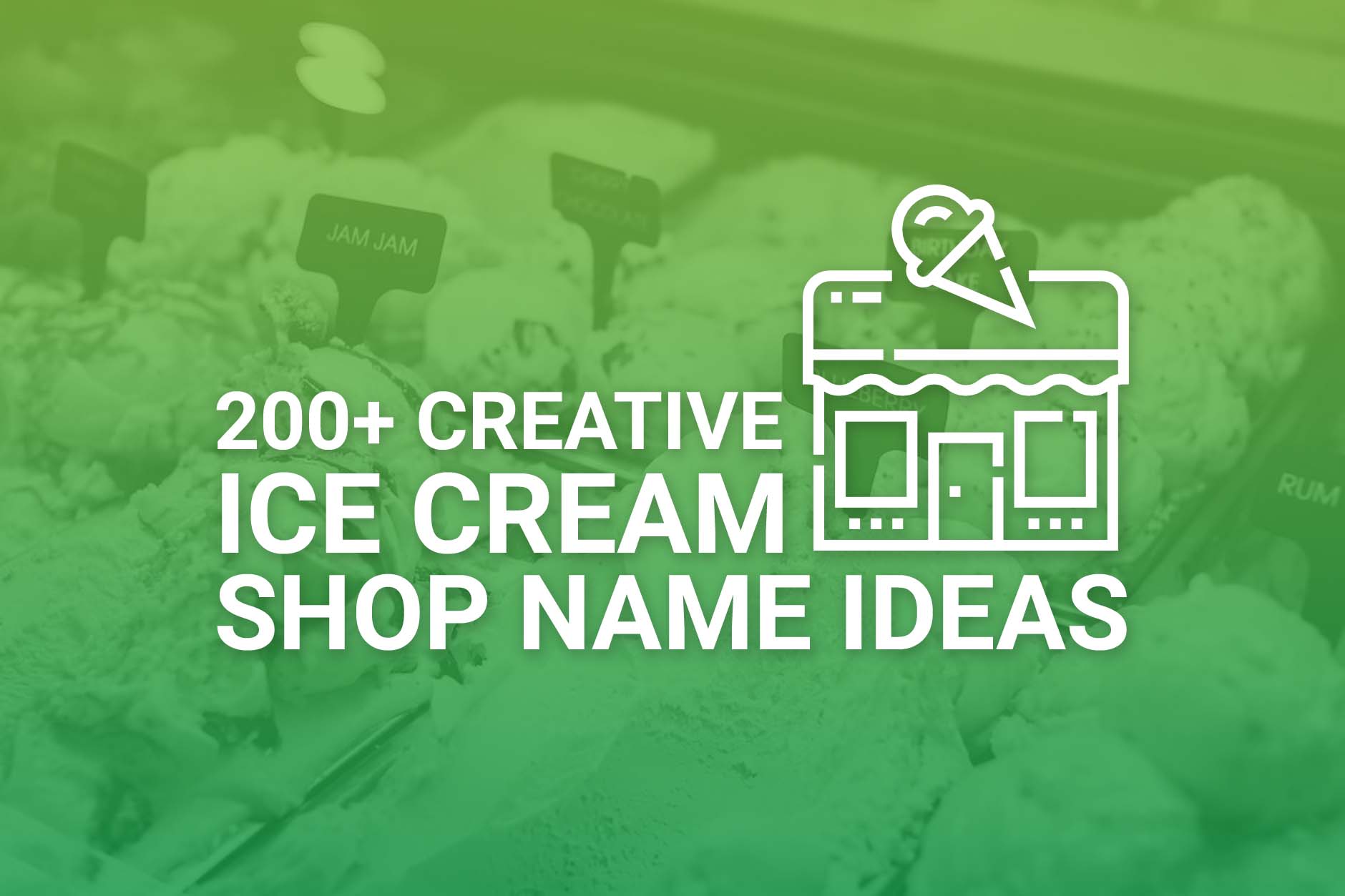When you run a restaurant, there are a lot of details to take care of, from writing a business plan to coming up with a marketing strategy to figuring out staffing. One of the most important things that every restaurateur must deal with is finding supplies. After all, you can’t run a restaurant without basic ingredients and other supplies, like food storage products.There are several different types of restaurant suppliers that you may use, including beer and wine distributors, wholesale restaurant supply stores, farmers, and butchers. Of course, there are a lot of factors that go into what suppliers you decide to use. Our full guide to restaurant food suppliers will help you make the best decision based on your restaurant’s unique needs.
Budget Branders works with independently owned and operated restaurants throughout the United States. We offer the highest quality custom-printed disposable products for food service businesses, including custom clear plastic cups, custom napkins, custom deli containers, and custom foil bags. If you’d like to know more about our branded promotional items, reach out today to talk to a member of our team.
What You Need to Consider Before Contracting with Suppliers
Restaurant profit margins are often tight. In a competitive environment with lots of financial pressure, you may be tempted to just go for whatever supplier is the cheapest. Depending on your ultimate goal as a business owner, however, this may be a bad idea.
Delivering On Promises
Consider a situation where you are offering a farm-to-table experience for diners. You market yourself as a sustainable business that focuses on sourcing organic ingredients from nearby suppliers. As your business grows, you may be tempted to cut costs by buying produce in bulk from a national restaurant supplier – but what will happen if your customers find out that your tomatoes don’t come from a small local farmer?Farm-to-table restaurant “fraud” is surprisingly common in the hospitality industry, often due to the challenges associated with sourcing ingredients from local farmers, butchers, and other sources. It may be necessary for you to buy some ingredients from non-local sources – but doing so runs the risk of customers being upset about it. This is a factor that should be considered when you are deciding which restaurant suppliers to use.
Cost Vs. Quality
Similarly, if you run a steak restaurant, then the quality of the meat will be a top priority. In addition to budget, you should be looking at whether a particular supplier can provide the right supplies for the type of business that you want to run. In other words, don’t just consider the immediate costs – think about what a particular purchase will mean to your business overall.
Labor Costs
Another factor to consider is labor costs. It might seem cheaper, for example, to buy larger cuts of meat and have your chef portion them into individual servings. But in the long run, it may end up costing you more to buy less expensive supplies that require more work.
Finding The Right Balance With Number Of Suppliers
Finally, think about whether you are overly complicating your process. It may be necessary to have multiple suppliers – for produce, alcohol, meat, and more. But if you have TOO many suppliers, it can add a lot of administrative work to manage the deliveries, unload supplies multiple days a week, and track inventory.
Types of Food Suppliers for Restaurants
Restaurants typically get ingredients and supplies from a few different places. Depending on the type of restaurant you are running, you may need just a few or a number of suppliers. For example, if you run a food truck that sells barbeque, you might need a supplier for meat, for any ingredients for side dishes like mac ‘n cheese, and for takeout containers. There are seven main types of food suppliers for restaurants.
National wholesale suppliers
These chains are true one-stop shopping for everything from equipment to meat to produce to dairy. These stores work with a network of other suppliers to make a wide variety of ingredients available to restaurants. Restaurant owners or managers can often order online or over the phone, and the supplies will be delivered to their door. The main advantages of national wholesalers are the lower cost and the convenience of getting everything at once. However, the ingredients aren’t usually as fresh and you may not be able to get specialized goods.
Local markets
Most restaurants have the bulk of their ingredients and supplies delivered from various companies. However, it is often necessary to supplement these products locally. This may include stopping at the local farmer’s market to pick up a special ingredient, going to a warehouse store to get bulk items, or making a quick run to a local supermarket chain. The prices for these items may be higher – and you’ll spend more time getting them – but there is some value in building relationships and in getting fresher ingredients.
Farmers
Even if you don’t run a farm-to-table restaurant, working directly with a farmer is often a good choice. Not only will you get fresher ingredients, but you will also be able to build a relationship with the farmer – which may lead to discounts or the ability to plan seasonal menus and make special requests. However, the prices are usually higher, and the quality may not be as consistent as compared to a larger national supplier.
Organic and specialty grocers
Many restaurants make dishes that include ingredients that simply can’t be sourced at a big chain or even through a local farmer. For example, if you run an Asian fusion restaurant, you may have difficulty finding tamarind paste or dark soy sauce at a wholesaler or even a local grocery store. Alternatively, if you want to offer organic foods, you might need to shop at specialty stores if your main suppliers don’t offer organic options. The prices are often higher, but it may still be necessary to buy from these outlets if you need particular ingredients.
Butchers
While it is possible to buy meat from national wholesalers, sometimes it’s better to work with a local butcher. This may enable you to get fresher cuts of meat, and even cuts and types of meat that you couldn’t otherwise get. This meat may also be of higher quality. However, local butchers are often more expensive than a wholesaler, and you may have to pick the meat up yourself instead of having it delivered.
Alcohol distributors
If your restaurant serves beer, wine, or hard alcohol, then you will need a supplier for these items. Depending on your needs, this may mean contracting with a local winery or brewery, or buying national products in bulk from a larger distributor. Keep in mind that you will have to comply with all state and federal rules for selling alcohol, including having the appropriate liquor license.
Product suppliers
Beyond food and drink, a restaurant will also need certain “pantry” supplies – like foil, plastic wrap, and food storage containers. You may also want branded disposable products for takeout or to use in your restaurant. While you can get many supplies through a national wholesaler, if you want custom-printed disposables, you will need to work with a company like Budget Branders.It may be tempting to source all of your ingredients and supplies from different places in order to get the highest quality or “best” items. While there is a place for this strategy, simple is usually best – especially when you are just starting your business. Remember that with each supplier you have, you will need to deal with invoicing, deliveries, and more. Fewer suppliers can streamline your processes, and reduce administrative burdens.
Before You Choose Suppliers
Once you have a good idea of what you will need for your restaurant – and the type of suppliers you want to use – the next step is to get quotes. You don’t have to drive yourself crazy by getting quotes from 20 different places, but you should get 3 to 5 quotes for each type of supplier so you can do some comparison shopping. Try to include a mix of both large national outlets as well as smaller local companies so you can get a better sense of the price difference. You can also use these quotes as a way to negotiate better prices with preferred suppliers.
After you get some quotes, it’s time to make a decision. Don’t waste too much time waffling between suppliers – the sooner that you sign contracts, the sooner you can get your supplies and start operating your business. That being said, be sure to read over contracts carefully and consult with your lawyer if you have any questions or concerns.
Finally, once you have some suppliers set up, start working on building a relationship. When your supplier gets to know you – particularly if they are local or smaller – they may be able to offer you discounts or give you a heads-up about special items. If you let your suppliers know what you’re looking for, they might be able to help you from time to time.
National Food Suppliers for Restaurants
Restaurant supply companies will vary considerably by region. However, there are some national chains that work across the United States. When you are just starting to get quotes, it may be a good idea to talk to some of these chains:
- Sysco: the largest food service distributor in the world, Sysco serves restaurants as well as institutions like hospitals and schools.
- Gordon Food Service: this national wholesaler offers both delivery and retail stores.
- Performance Food Service: this retailer sells more than 125,000 products across the United States.
- Budget Branders: Budget Branders may not be a food supplier, but we are a national supplier for restaurants. We work with independent restaurants and food service businesses throughout the U.S., supplying custom-printed disposable products like cups, bags, and deli paper.
When it comes to farmers, butchers, and other specialty suppliers, shopping locally is generally the best. You may google “wholesale butcher near me” or a related term, or simply ask other restaurant owners about who they use in the area. You can also reach out to local farms, bakeries, and other businesses to see if they’d be interested in supplying your restaurant.
Work with Budget Branders
Getting your restaurant up and running can be quite a challenge. Choosing suppliers can take some time, but once you have a few in place, you can focus on other tasks, like hiring employees and developing an advertising plan. Using custom-branded disposables from Budget Branders can be a great component of your marketing strategy – and can check one supplier off of your list. We can provide a full range of custom disposables from custom deli paper to custom coffee cups, custom coffee sleeves, custom paper cups, custom dessert bowls, custom soup bowls, and more.Budget Branders is dedicated to helping our customers get the high-quality disposables that they need at a fair price. We know that smaller restaurants can’t afford to buy – or store – millions of products at once. All of our products are offered in smaller quantities and at reasonable prices to ensure that they are accessible to everyone.
If you’d like to learn more or to request a quote, contact us today by pressing the live chat button, or sending us a message online.
